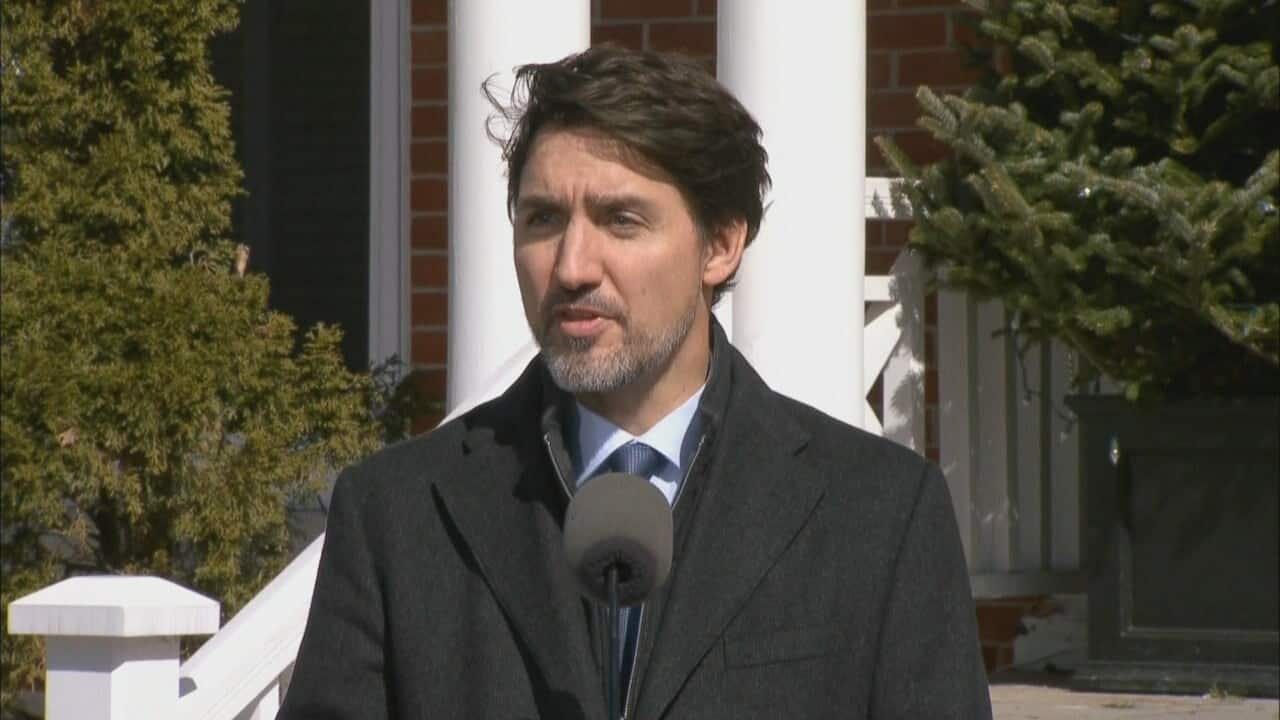
Trudeau's COVID-19 relief scheme for businesses marred by $3.5bn error
What's the story
An audit report has exposed major flaws in the Canada Emergency Business Account (CEBA) program, a COVID-19 relief program for small businesses introduced by the Canadian government. The program provided over $49 billion in loans to nearly 900,000 businesses. However, Auditor General Karen Hogan's report found that over $3.5 billion was incorrectly distributed to ineligible recipients.
Oversight concerns
Audit criticizes oversight and contractor reliance
The audit report slammed the Department of Finance for its failure to provide effective oversight over $853 million in administrative spending. It also noted the government's dependence on a single private contractor, Accenture. The global IT giant received 91% of the $230 million budgeted for contract spending without competition, resulting in what Hogan called an "accountability gap."
Repayment challenges
Report identifies repayment issues and potential misallocations
By March 31, 2024, businesses had repaid $28.2 billion in loans, while $12.4 billion had been forgiven. However, $8.5 billion remained unpaid with no clear government plan for collection. The audit identified over 51,000 ineligible recipients who were required to repay their loans by the end of 2023; only half had done so by March.
Misallocations discovered
Additional potential misallocations and political backlash
The report also discovered that another 26,000 businesses may have received loans despite being ineligible according to the documentation provided. This could account for another $1.5 billion in potentially misallocated funds. Additionally, vague application rules permitted nearly 19,800 technically ineligible businesses to receive loans, costing an additional $146 million in forgiven amounts. The findings have drawn criticism from the Conservative Party and Bloc Quebecois MP Nathalie Sinclair-Desgagne.
Defense and improvement
Government defends CEBA, EDC agrees to improve practices
In the face of criticism, Finance Minister Chrystia Freeland and Small Business Minister Rechie Valdez defended CEBA as a critical support measure amid the pandemic crisis. They argued that Hogan's report did not fully recognize the context under which CEBA was designed and delivered. However, despite this defense, Export Development Canada (EDC), which managed CEBA, has agreed to improve its contract management practices following Hogan's recommendations.